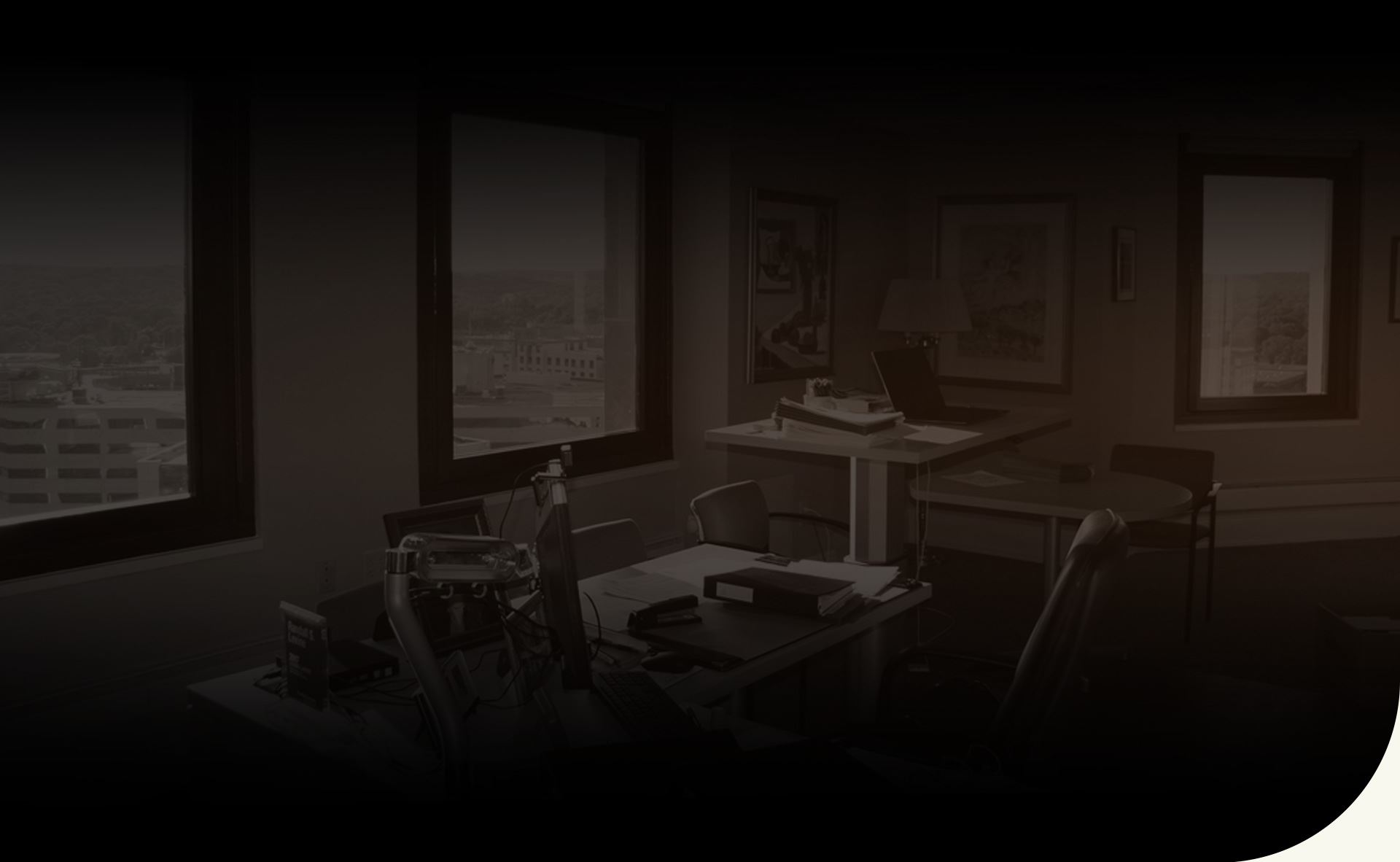
Sex Crimes
Delivering Outstanding Results Since 1987
Kalamazoo Sex Crimes Attorneys
Representing Those Charged With Sexual Misconduct in Michigan
Prosecutors are notoriously hawkish when pursuing sex offense charges and they will throw everything they have at you. At Levine & Levine, we can't be intimidated, and we fight back aggressively at every turn.
We know how devastating a sex crime conviction can be to someone. We also know how often the accused's rights are violated, and we don't stand for it. If you have been charged with a sex crime in Michigan or believe you are under investigation, reach out to our law firm for guidance.
We take every case seriously. To speak with a skilled Kalamazoo sex crime lawyer about your case, call our firm at (269) 218-8880 or submit a contact form online.
Why Choose Us for Your Sex Crime Defense?
Levine & Levine is a highly regarded, aggressive firm with a proven track record of success. We believe everyone deserves dedicated legal representation, no matter what charges they face. As a practice, we have a reputation for our intellectual rigor and our tireless advocacy for our clients. Our Kalamazoo sex crime defense lawyers are well-known and respected within the legal community.
We defend clients against a wide-range of sexual offenses in Michigan, including:
- Criminal sexual conduct (CSC)
- Internet sex crimes
- Possession of child pornography
- Child molestation
- and more
Anyone Can Face Sex Crime Allegations
No one is immune from the possibility of being charged with a sex crime. Misinterpretations of a situation can lead to false accusations. With the Internet becoming a staple in most homes, it is all too possible for one’s computer to be searched and evidence seized to be used in criminal prosecutions.
Defending Your Professional License
For professionals charged or indicted with sex crimes offenses, another key element is the defense of their professional licenses in Michigan. Our firm offers comprehensive defense against sex crimes charges that includes, when necessary, the defense of one’s professional licenses.
Registering as a Sex Offender
If you are convicted of sexual assault, you may face extensive prison sentences (including lifetime sentences), fines, lifetime electronic monitoring, and registration on the Michigan Sex Offender Registry. The Sex Offender Registry is often public, and registration can haunt you forever. It can impede your ability to find housing and employment and can result in ostracization from your community. When required to register as a sex offender, you must adhere to your court order exactly. Failure to register as required can result in strict punishments, including jail time.
Required sex offender registration periods include:
- 15 years
- 25 years
- Lifetime registration
You must do everything in your power to fight mandatory sex offender registration. You can't do this alone. You should secure representation with a trusted attorney as soon as possible. At Levine & Levine, we know that having to register as a sex offender can be devastating to your reputation and life. Since 1987 we have fought hard for our clients, and our record of success speaks for itself. We are prepared to use our extensive knowledge and experience to fight for you.
What is the Age Of Consent in Michigan?
In Michigan, the legal age of consent is 16. However, under some circumstances, the age of consent may change. For example, when an authority figure (like a teacher) is involved, the legal age of consent is raised to 18.
We Are Fierce Litigators
Every aspect of your criminal defense case is important. From thoroughly investigating the circumstances that led to your charges to filing all necessary pre-trial motions, preparation is key to a strong defense. As a practice, our firm is deeply grounded in the Constitution and the Bill of Rights. With our thorough understanding of the law and the Michigan Penal Code, we know how sex crime cases are tried. Our Kalamazoo sexual offense attorneys are smart, shrewd, and aggressive. Schedule a free consultation with us today.
Levine & Levine provides sexual assault defense services to residents in Southwest Michigan including Calhoun, St. Joseph, and Van Buren counties. Contact us today by dialing (269) 218-8880 or fill out a form online.

Client Testimonials
-
Turned a scary situation into a breeze.
Carolyn C. -
Their Work Ethic Is Unmatched and Their Legal Knowledge & Capabilities Were Unrivaled
Bob S. -
They made me feel like family.
Chad H.


Featured in the Media

Success Is The Difference
Trust in Levine & Levine
-
Featured in Local & National MediaOur attorneys are regularly sought after by local and national media discuss recent legal proceedings and offer their expertise.
-
We Make the Law Work for YouWe use our immense knowledge of the law to strategically examine your case and determine the best path forward.
-
Over a Century of Combined ExperienceThere is no substitute for experience and the attorneys at Levine & Levine have over 130 yearsof legal experience.
-
Respected Throughout the Legal CommunityOur attorneys are highly regarded for their legal expertise by the judges and prosecutors throughout Southwest Michigan.













.2301201129571.png)



















